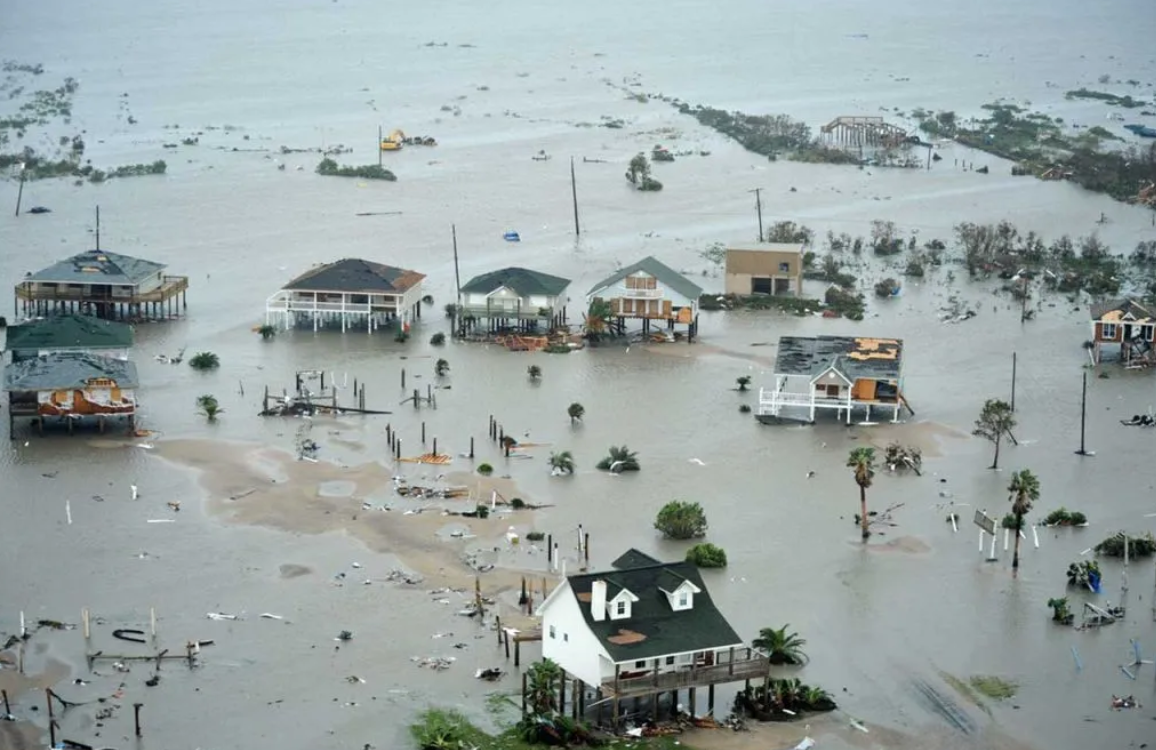Introduction:
The impact of climate change is increasingly evident, and the insurance industry is not exempt from its far-reaching effects. In a pivotal move, home insurers are set to undergo a comprehensive climate-risk study. This scrutiny is a response to the escalating challenges posed by climate-related events, reflecting a broader acknowledgment of the need for the insurance sector to adapt. In this article, we will explore the significance of this climate-risk study and its potential implications for both insurers and policyholders.
Rising Climate-Related Risks: A Call to Action
The frequency and severity of climate-related events, including wildfires, hurricanes, and flooding, have surged in recent years. These events pose substantial risks to homes and properties, prompting a reevaluation of how insurers assess and manage climate-related risks. The climate-risk study serves as a call to action for insurers to proactively address the evolving landscape of environmental threats.
Data-Driven Assessment: Navigating the Climate Frontier
The climate-risk study is expected to leverage advanced data analytics to assess the vulnerability of homes to climate-related risks. By employing sophisticated models and analytics, insurers aim to gain a more nuanced understanding of the specific threats that homes face in different regions. This data-driven approach is essential for creating targeted and effective risk mitigation strategies.
Policyholder Impact: Potential Changes in Coverage and Premiums
As insurers delve into the intricacies of climate-related risks, policyholders may experience changes in coverage and premiums. Homes situated in high-risk areas may see adjustments in insurance coverage, reflecting the increased susceptibility to climate-related damages. Additionally, premiums may be recalibrated to align with the heightened risks, potentially impacting the affordability of insurance for some homeowners.
Encouraging Mitigation Measures: A Shared Responsibility
The climate-risk study is not solely about recalibrating insurance models; it also underscores the importance of encouraging mitigation measures. Insurers may play a pivotal role in promoting and incentivizing home improvements that enhance resilience to climate-related risks. This could include measures such as reinforcing structures, implementing landscaping strategies, or adopting technologies that mitigate the impact of extreme weather events.
Industry Collaboration: Addressing a Collective Challenge
Climate-related risks are a complex and global challenge that requires collaboration across industries. The climate-risk study signals a broader acknowledgment within the insurance sector that addressing climate risks goes beyond individual companies. Collaborative efforts, such as sharing data, best practices, and research findings, can contribute to a more robust and effective industry response to the evolving threat landscape.
Regulatory Considerations: Shaping the Future of Home Insurance
The findings of the climate-risk study may influence regulatory considerations surrounding home insurance. Regulators, recognizing the systemic impact of climate-related risks, may implement measures to ensure the resilience and sustainability of the insurance industry. This could include enhanced disclosure requirements, standardized risk assessment practices, or even incentives for insurers to actively contribute to climate resilience initiatives.
Consumer Awareness: Navigating a Changing Insurance Landscape
The climate-risk study also brings attention to the need for consumer awareness. Homeowners should be informed about the evolving landscape of insurance coverage, potential changes in premiums, and the importance of implementing mitigation measures. Increased transparency from insurers can empower consumers to make informed decisions about their coverage and take steps to protect their homes.
Conclusion:
The climate-risk study represents a significant step in addressing the intersection of climate change and the insurance industry, particularly in the realm of home insurance. As insurers scrutinize their approach to climate-related risks, the implications for policyholders, industry practices, and regulatory considerations become increasingly apparent. Navigating this changing landscape requires a collective effort, with insurers, regulators, and consumers playing integral roles in building a resilient and sustainable future for home insurance in the face of climate challenges.


